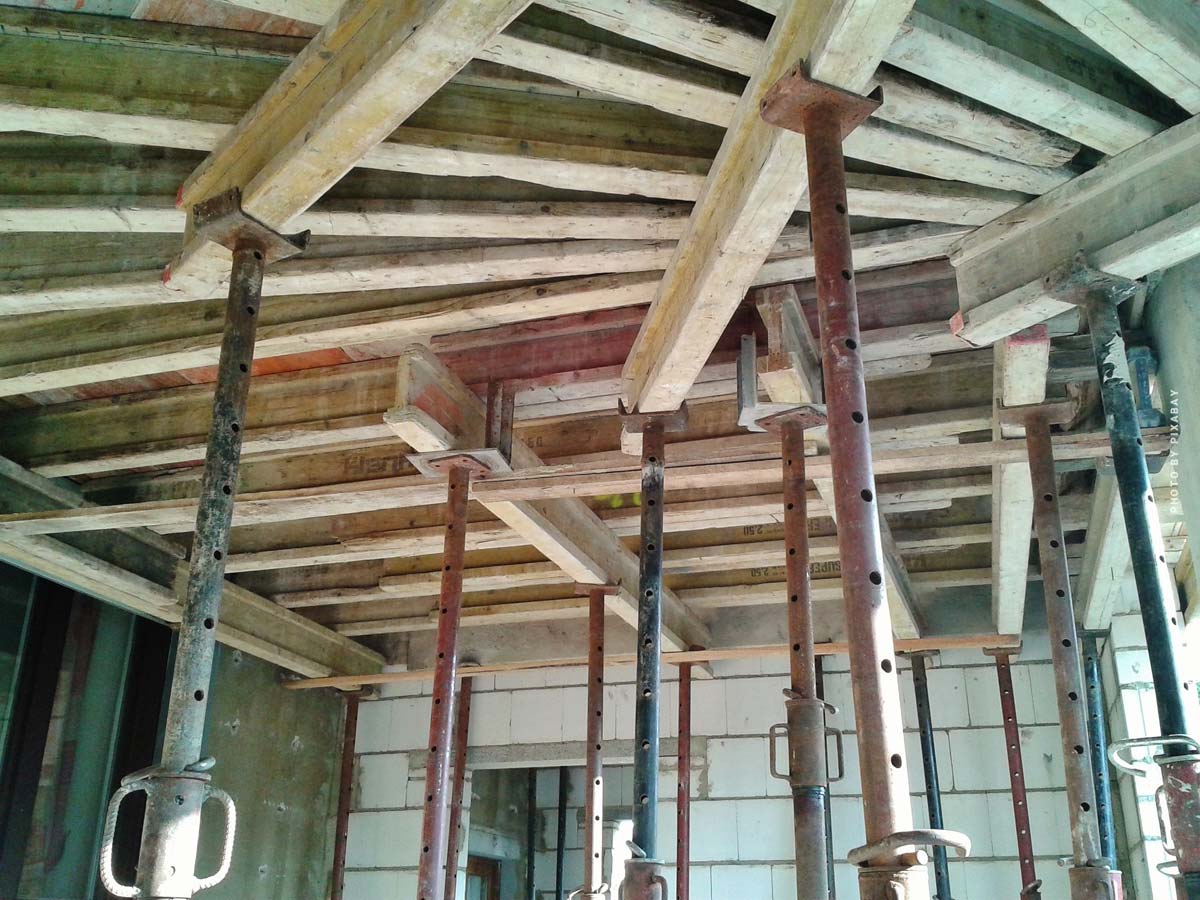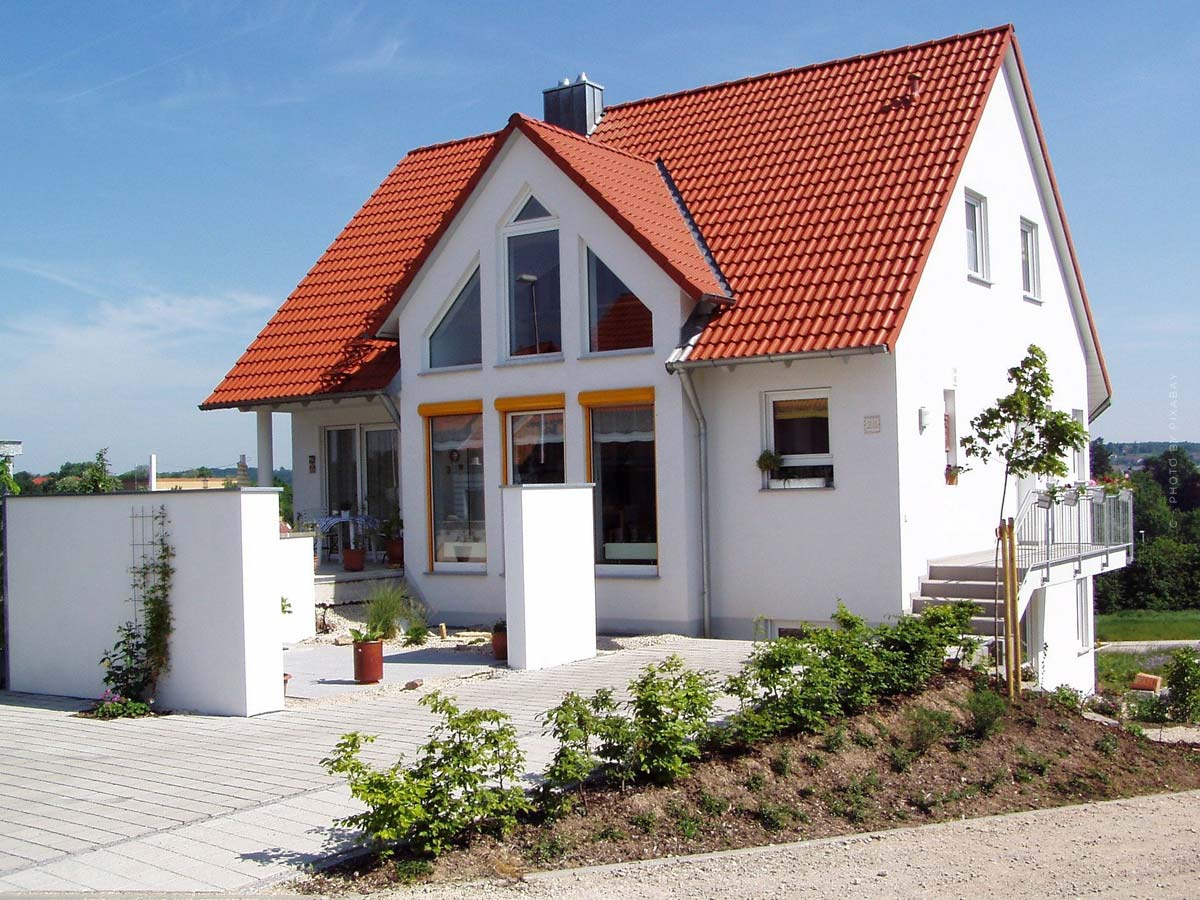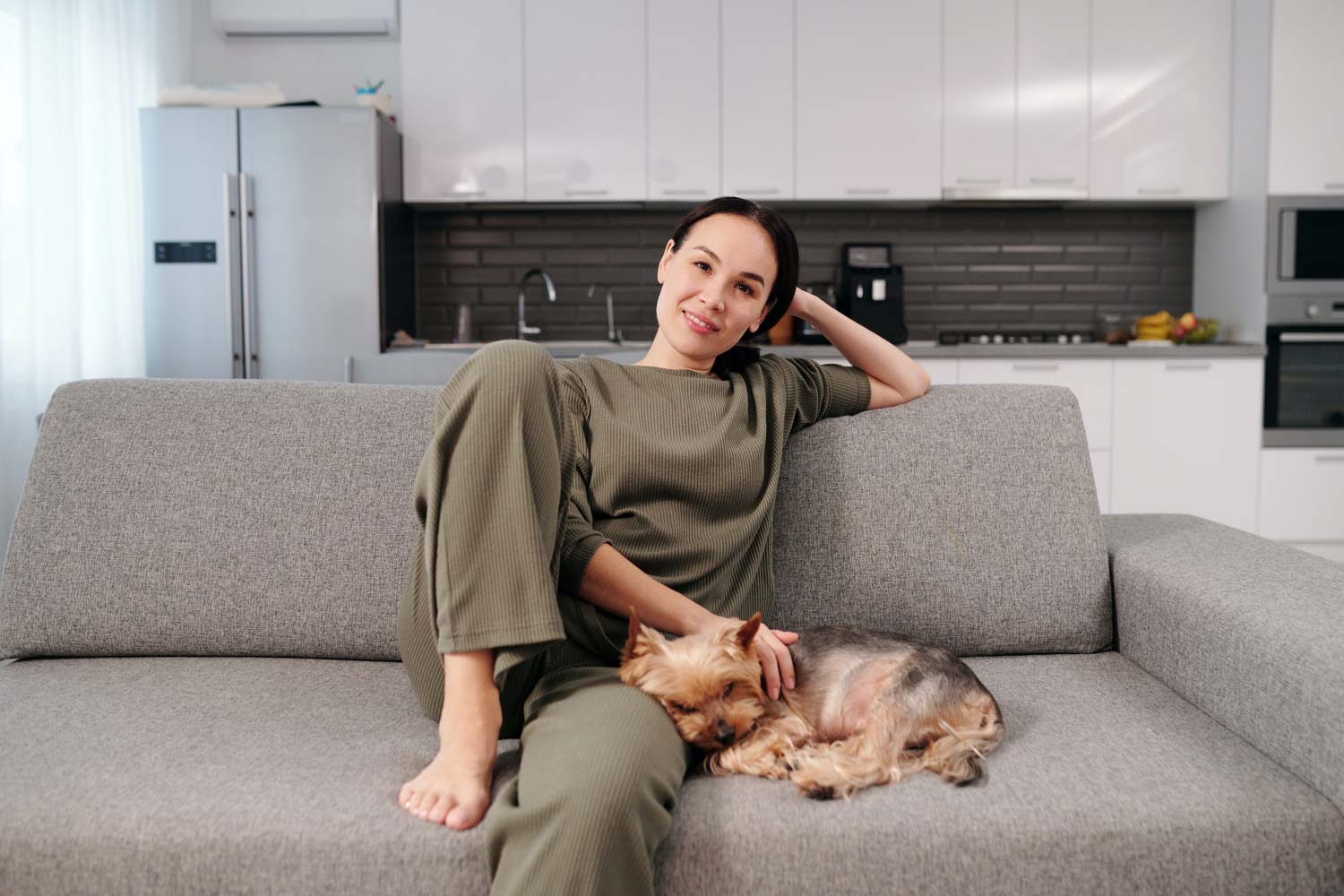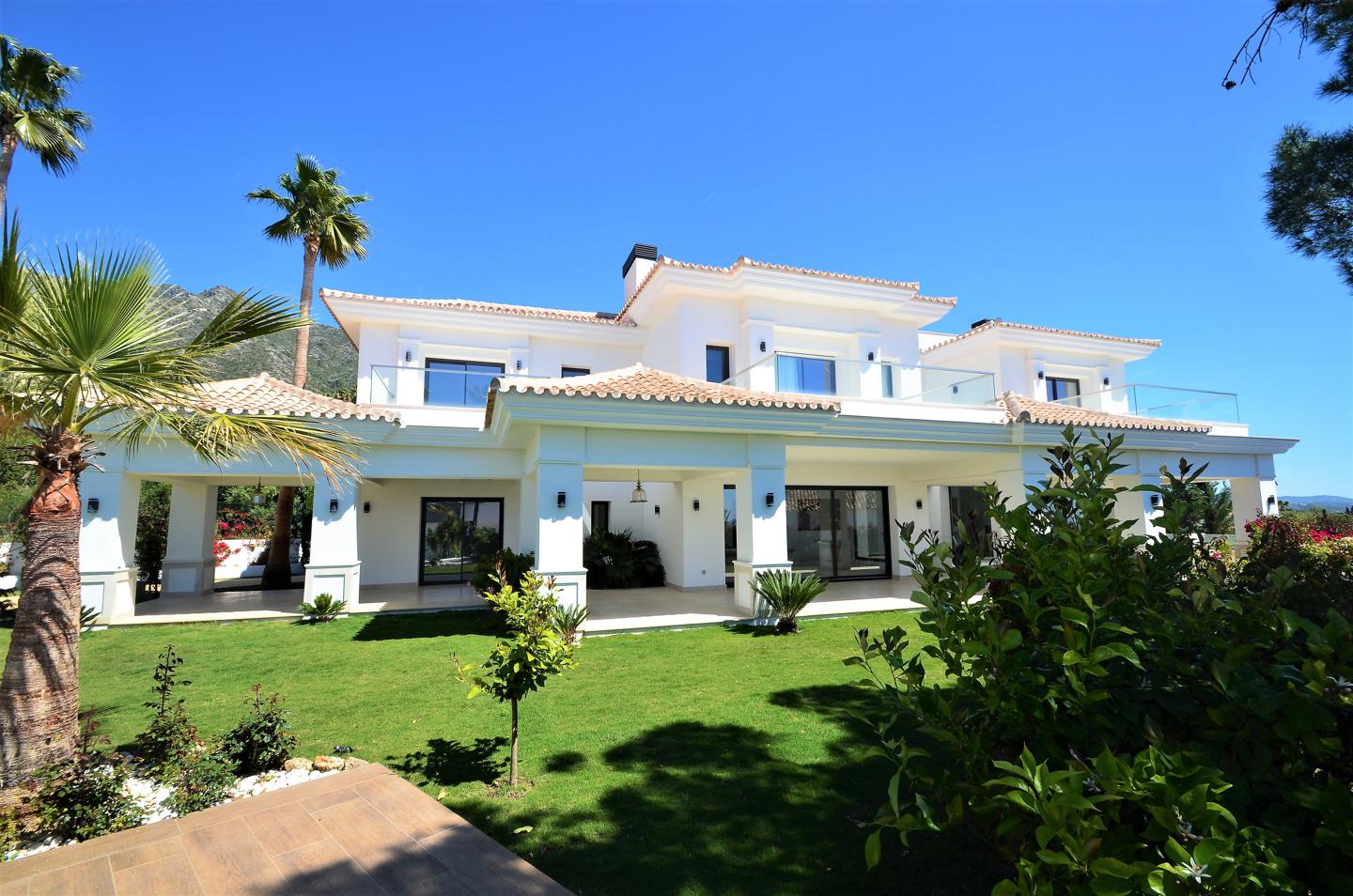9 tips on building finance: How to finance your new property
After you have decided to buy your dream property, the question of the right financing arises. Here you should inform yourself about all the options, because you have to live with the decision about financing for the next few years. So think about your decision carefully and follow the tips below.
Approach financing the right way: Buying your dream property
In order to approach a successful financing and also really find the best for you, you should consider some points. Especially for the inexperienced, it is a big step to go into debt, so you should be especially sure that you find the right offer. The following tips will help you approach financing the right way and pay attention to everything. For a list of all the costs you’ll face, click here: Home Construction & the Costs.
Tip 1 – Determine your initial situation
Before you start your search, you should determine your budget and your requirements in detail. This includes the living space, the number of rooms, the construction and equipment, the location, the architecture, the local transport and the distance to important places such as the workplace or schools. Once you are sure of your requirements, clarify your budget. How much equity can you raise? It is also important to determine the maximum future monthly costs and how much you can really afford. Compare your current monthly fixed costs and expenses. Once you have created an overview, you will have a rough idea of what you can look for.
Tip 2 – Include a redemption payment
Rent and interest are real costs, but with a repayment, the money is used as a kind of installment savings plan. That means their loan debt goes down, but their net worth goes up. So you should also include the repayment you have to make on the loan each month in your calculations. Think of how many years you would like to have the debt paid off in and calculate with that figure. Remember that the rent you pay each month is not an investment, while the repayment will still increase your net worth each month.
Tip 3 – Find a good location
When looking for a property, the location is a decisive parameter. You should rather avoid a prestigious location or trendy area, as the prices there are unreasonably high. Therefore, do not look for the trendy location of today but for that of tomorrow. Thus, the value of your property can even increase in a few years due to the location. In addition, the location should fulfill other important aspects. Not only connections to important shops such as supermarkets, pharmacies or the post office should be considered but also the distance to important places such as the school or your workplace. It is better to do without a great property that is far away from your workplace, because the daily commute will only cost you nerves and money that you could better put into the financing of another property.
Tip 4 – Compare as many offers as possible
The more listings you request and compare, the more choices you have and the more likely you are to find your dream property. Do not be afraid to search extensively and look at many properties. Search not only on real estate portals, but also in newspaper offers, ask your friends and acquaintances and always keep your eyes open. The efforts in the search will definitely pay off for you in the long run.
Tip 5 – Choose long-term financing
The important thing with long-term financing is that you secure the low interest rates for as long as possible. Preferably for the next 15 years or longer. This guarantees you a solid repayment rate. Depending on the purchase price, use 20% equity or less and choose a classic annuity loan. With this loan, the repayment should be about 2%. If this is higher, your return is also higher in the event of inflation. If this is lower, however, they do not meet the certain amount of repayment you need, so as not to get into trouble with a follow-up financing. If you also take out another loan, such as a subsidy loan, the terms must match, otherwise they can threaten early repayment penalties in the event of a sale.
Tip 6 – Get multiple financing quotes
Of course, it is the easiest and simplest to simply take out the loan at the house bank and to handle the financing through it. However, there are big differences in the financing offers of different banks. For this reason, you should get at least two different quotes, if not more, to find out which bank offers you the fairest and best conditions. Never lose sight of the fact that the loan is for a long term, so an interest saving of 0.2% per year can make a huge difference to you.
Tip 7 – Avoid extravagances
Especially with low interest rates, it tempts you to buy a property that is something very special, has an individual architecture and stands out from the rest. Of course, it is a great feeling to own a property that is individually unique and no one else has. However, you should not be blinded by appearances. Even if you can afford an XXL home through the mini interest, you should always keep your demands in mind. A large house makes a lot of work and devours a lot of money and all this only so that you have rooms that you do not need at all? Stay with the real estate search rather on the carpet and use the interest advantage to save money, or to fulfill a dream like the own pool in the garden instead of creating a property that you do not need to the extent.
Tip 8 – Do not be afraid of debt
Going into debt is a big decision, but if you choose a ‘good debt’, you actually gain money in the end. Home finance is one of these ‘good schools’ as you save on housing costs and protect yourself well against inflation. You end up gaining real wealth and not losing any, like investing in consumer goods. For this reason, don’t repay too quickly and stick to an initial repayment of 2% and a term of 15 years. That way, you won’t have to worry about rising interest rates either.
Tip 9 – Buy when rents become more expensive
If the rent for residential premises is more expensive than the purchase of a comparable property, it is worthwhile in the long run to buy a property and not to rent. If the interest rates on the loan are low, this usually applies even from the day of purchase. A small example to clarify.
You live in a 100 square meter apartment on a rental basis. Your monthly rent is 880 euros net cold. For you, a good price for a great apartment in a good location, but you are playing with the idea of moving into a condominium. You do not want to expand and find a condominium of the same size in a comparable location. The purchase price including ancillary purchase costs is 300,000 euros. As equity capital you can raise a sum of 50,000 euros, so you have to get a loan of 250,000 euros. You calculate with an interest rate of 2%, with which you must raise thus at the beginning 5,000 euro interest per year. Calculated down, you have to pay 417 euros per month. At first glance, this is much less than your current rent. But don’t forget the costs for maintenance and the property manager. Calculate 150 euros more per month for this. Your monthly costs are now 567 euros/month. So you save 313 euros per month and 3,756 euros per year, which you would otherwise have spent on the cold rent. In relation to your own capital, you achieve a handsome return of 7.5% per year and that is tax-free! As you can see, it is already worthwhile. Compare now with the following scenario: If you had simply put your equity in a savings account, you would only get 1% interest, which you would also have to pay tax on. Explained by the example, it quickly becomes clear how a purchase can be worthwhile for you compared to a rent.



















